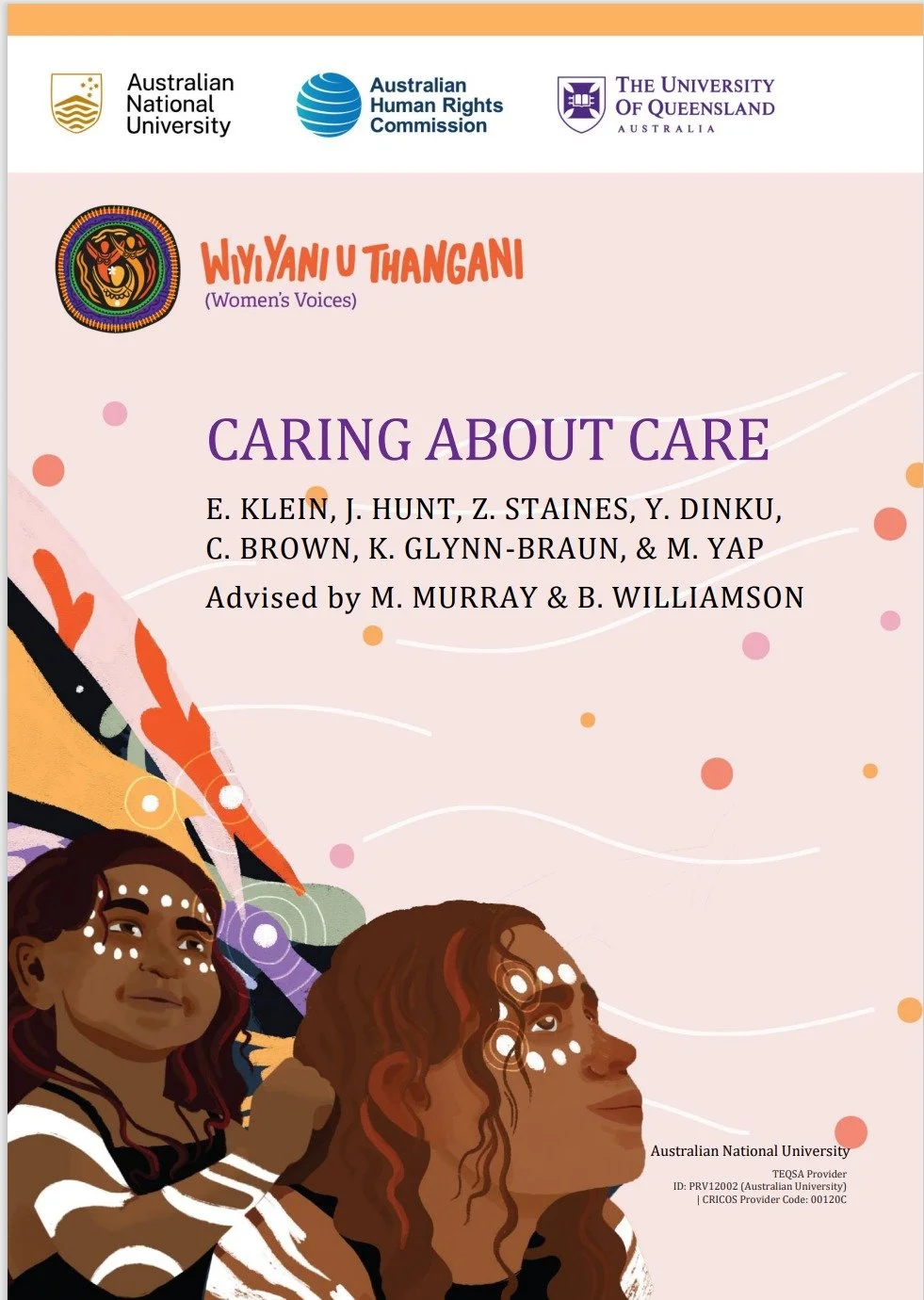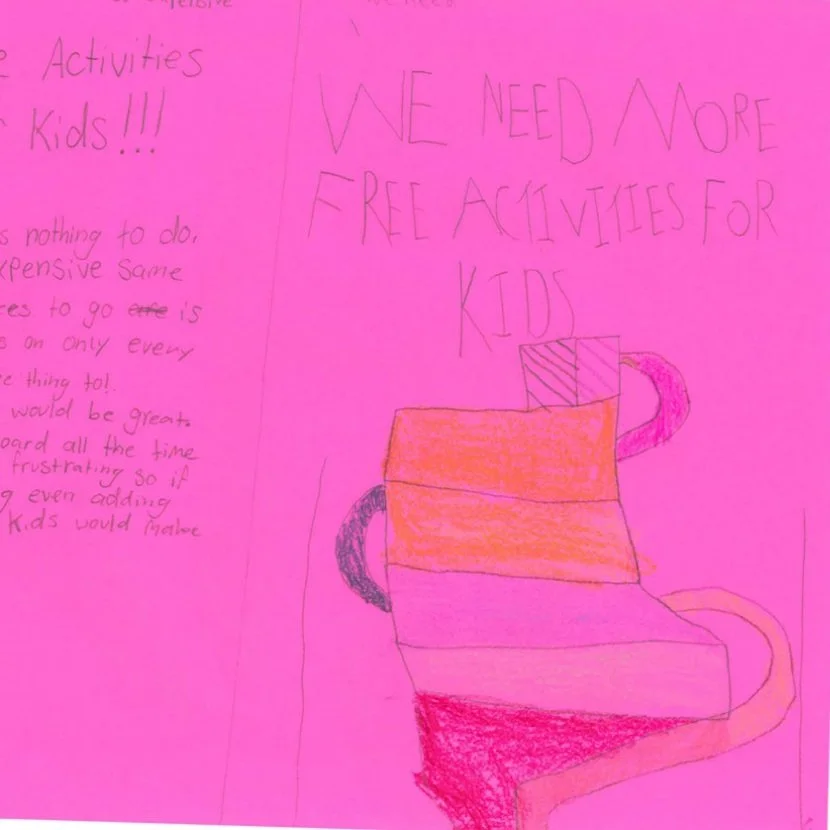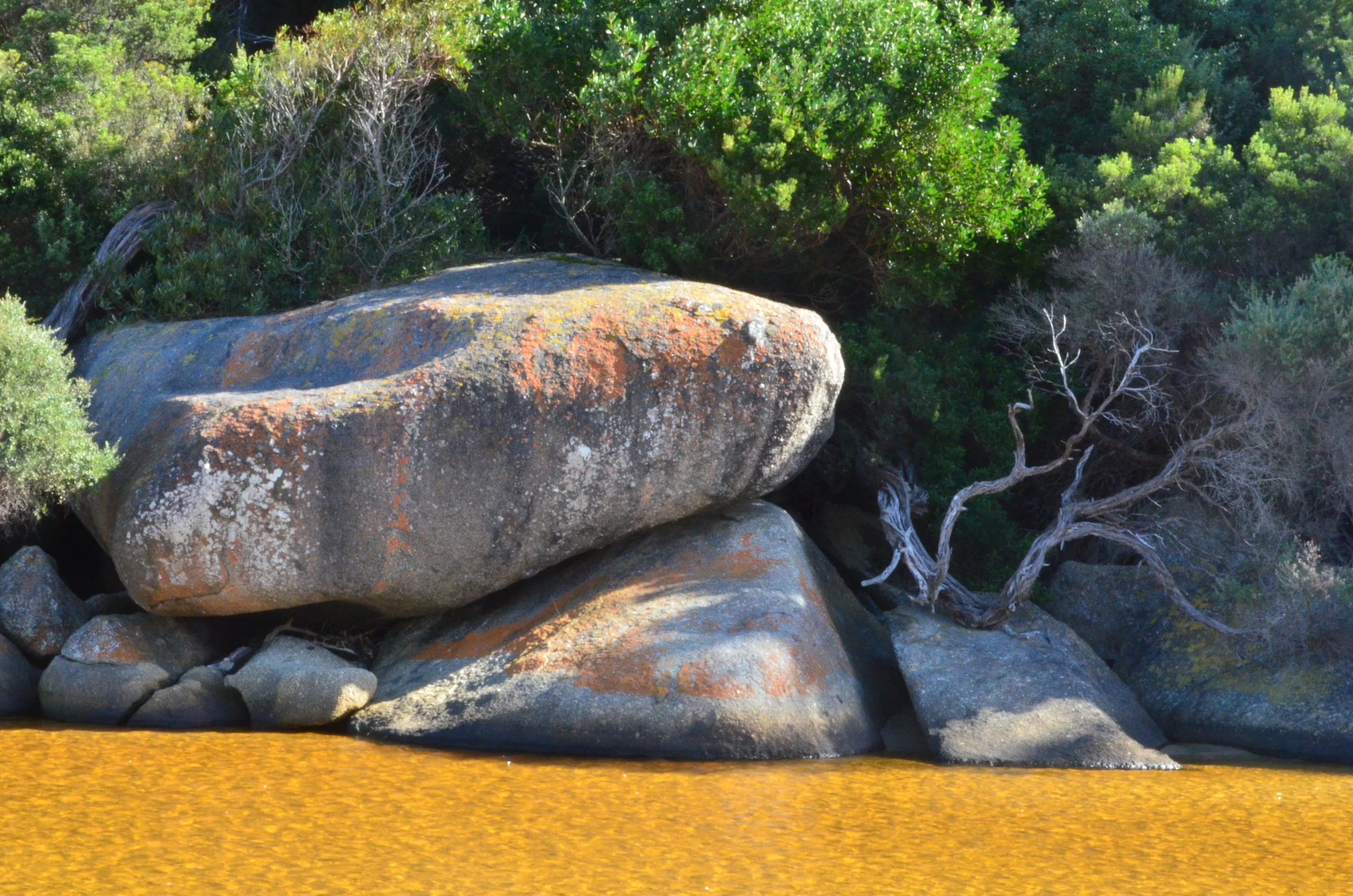@Anti-Poverty Week is an event held every October to raise awareness and understanding of the causes and consequences of poverty in Australia, and to encourage action to end it. In today’s blog, Life Course Centre (@lifecourseAust) Research Fellow Dr Chandana Maitra from the University of Sydney (@Sydney_Uni) highlights food insecurity which is a hidden and overlooked socio-economic problem in Australia.
Read MoreThis week's posts are being sourced by the Life Course Centre(@lifecourseAust) to continue to the conversation on social and economic disadvantage following last week’s Anti-Poverty Week (@AntiPovertyWeek). Today @lifecourseAust researchers share approaches that could help end child poverty in Australia.
Read MoreThis week's posts are being sourced and moderated by the Antipoverty Centre (@antipovertycent) to spark thinking and discussion about poverty during Anti-Poverty Week. Today’s post by Robyn Hansen explores what we all lose by undervaluing the skills, knowledge and abilities of people outside the labour force.
Read MoreThe term “social impact strategy” is often used but not always understood. Dr Rhiannon Parkerexamines how organisations can build approaches that drive lasting change.
Read MoreMeasurement culture is becoming increasingly necessary for organisations striving to maximise their social impact. Dr Rhiannon Parker examines why this is important for helping the for-purpose sector stay relevant and effective in a rapidly changing landscape.
Read MoreThis week Prime Minister Anthony Albanese announced the government's plan to introduce legislation to ban younger teens from social media. Today, Cadhla O’Sullivan (@CadhlaOSull) and Sharon Bessell (@BessellSharon) from the Children’s Policy Centre at ANU, highlight what other approaches are worth considering.
Read MoreKatie Moon, Sophie Yates, Maureen Thompson and Corey Callaghan have recently published some research in People and Nature about frogs, citizen science, and agential realism. Here they explore their findings about how we can think more relationally in the field of citizen science.
Read MoreIn a departure from the usual style of our posts, we bring you a poem by Roger Chao on the lure of false promises in politics. Roger is a writer based in Victoria, Australia, who strives to use his writing to engage audiences to think critically about the role they can play in making a difference. He was inspired to write this poem by current international events, and politics here and overseas being shaped by forces whipping up and capitalising on fear of change.
Read MoreThe whole world watches the Olympics and Paralympics, and national pride and achievement are front and centre. In today’s post, VicHealth postdoctoral research fellow Aurélie Pankowiak (@AureliePanko) of Victoria University (@iHealthSportVU) argues more resources need to be invested to ensure sport participants are safe from abuse. Learning from lived experience would allow for trauma-informed guidelines for both prevention and response and enable the creation of safer sport organisations.
Read MoreBy focussing on the health impacts of climate change, health professionals can play a vital role in framing the need for climate actions in a way that is more personally meaningful and less controversial for the public and policy makers. Today’s post by VicHealth postdoctoral research fellow Rongbin Xu (@RongbinXu) of Monash University (@MonashUni) explains how, and why this is important. This piece originally appeared in the Medical Journal of Australia’s Insight+ online magazine; you can read it in its original form here.
Read More




















